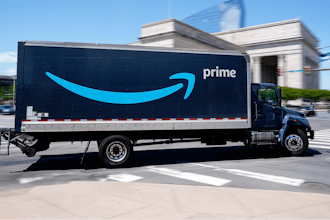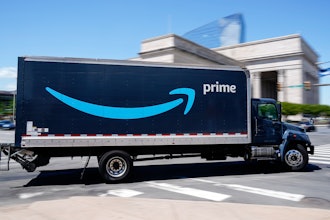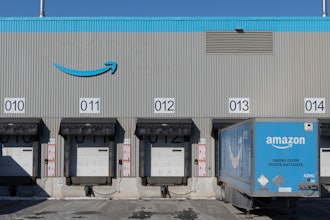A well-implemented, B2B e-commerce-capable website can make life easier for both you and your customers, streamlining every step of the procurement process. For distributors, that means improved sales force effectiveness, growth in average order size and increased customer wallet share, among other benefits.
In some ways, though, implementing e-commerce is an all-or-nothing initiative. To fully leverage e-commerce, you must commit to all three of the following:
Customer-Centric E-Commerce Capabilities
Your organization's internal needs must be considered before implementing e-commerce. Make sure your system is scalable and secure, and that it will integrate seamlessly with your ERP system, chosen payment processors and shipping providers, as well as any other third-party systems.
But this will only get you halfway to your goal; you must also take your customer’s needs into account to make the system work for everyone. For example, if your customer is dealing with multiple ship-to locations, multiple users/purchasing budgets or other complex B2B purchasing scenarios, will your website be able to accommodate that? Make sure you understand how your new system will meet these needs before moving forward.
Comprehensive Product Information
Product content is foundational. If you implement bare-bones content that simply lists product names or even abbreviations of product names, your customers will struggle to find what they need when they visit your website. If they can't find enough information about a product to feel confident about a purchase, they'll quickly leave your site and purchase elsewhere. High-fidelity product content is statistically proven to increase the rate at which customers convert their interest into a purchase, and also significantly reduces returns.
Having complete, consistently presented product descriptions, attributes, datasheets, images and even videos is so important that I wouldn't recommend implementing e-commerce if you're not able to back it up with excellent content.
Organizational Readiness
To compete in today’s world where big-box online resellers and digital-only businesses like Amazon are rapidly growing market share, e-commerce implementation requires organizational readiness and capability that most distributors lack today. To accomplish the transformational change required to successfully implement e-commerce, company leaders and sales managers must fully commit to the project and motivate their teams to do the same. This requires a renewed commitment to training, tech-minded hiring practices and compensation structures that incentivize salespeople to drive business to the web. It will transform the roles of field sales, inside sales and your marketing activities.
Perfecting these components will take time and effort, but in our experience, you can only expect to get out of an e-commerce system what you put into it. Only when all three have been achieved can you fully leverage the benefits of e-commerce to compete effectively today.
Dave Bent is president of U.S. operations for ES Tech Group, a provider of feature-complete, integration-friendly e-commerce and product content solutions designed specifically for industrial, janitorial and office products distributors and their customers. Bent was previously Senior Vice President of Global Information Solutions for Avnet Electronics Marketing, and CIO for United Stationers (now Essendant), Acterna and Visteon. Visit ES Tech Group at ISA at booth number 751. Learn more about ES Tech Group at www.ESTechGroup.io























